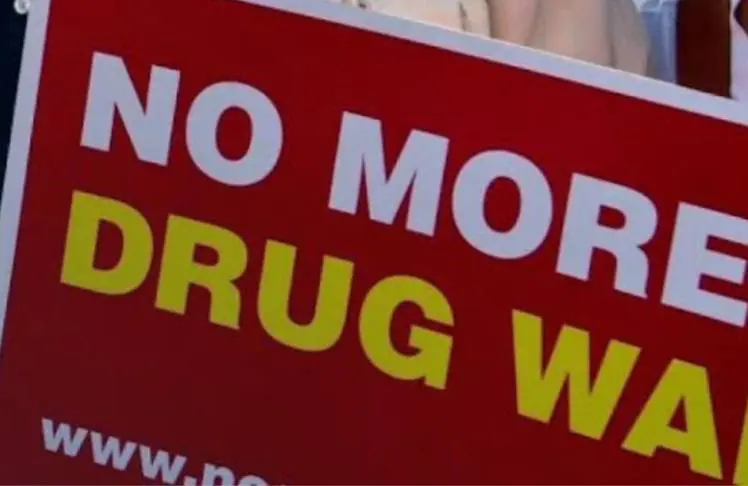
The Portland City Council passed an open-use drug ban last Wednesday with a unanimous vote. In recent years, the city of Portland, Oregon, has gained attention for its unique approach to drug decriminalization and the open use of drugs in certain public spaces. This progressive stance is part of a broader movement aiming to address addiction as a public health issue rather than a criminal one. Those who violate the new ordinance could face a fine up to $500 or spend six months in jail.
In November 2020, Oregon voters approved Measure 110, known as the Drug Addiction Treatment and Recovery Act. This groundbreaking law effectively decriminalized the personal possession of small amounts of drugs, including heroin, cocaine, and methamphetamine. Instead of facing criminal charges, individuals found with these substances are now subject to a health assessment and may be referred to treatment or harm reduction programs. News reports state that the ordinance won’t alter Measure 110 and will go into effect as soon as it’s authorized by the Oregon Legislature or a court approves the ban.
While the intent is positive, the implementation of open drug use policies has faced criticism and challenges. Concerns include the potential for increased public disorder, discarded needles in public spaces, and the need for adequate funding and resources for treatment programs. While there’s already an ordinance to ban drinking alcohol in public, the new ordinance would add controlled substances.
Advocates argue that addressing the root causes of addiction, such as poverty and lack of access to mental health services, is essential for the success of these policies. Open drug use alone may not address these underlying issues. Decriminalization reduces the burden on the criminal justice system, freeing up resources to focus on more serious crimes. It also prevents individuals from acquiring criminal records that can hinder their future prospects.
While concerns about increased public disorder exist, proponents argue that focusing on public safety and community health can mitigate these issues over time. During public testimony, local business leaders from across Portland expressed their frustrations at the open drug use law. Portland’s open drug use policies are part of a broader shift in drug policy toward a more compassionate and health-focused approach. While these policies face challenges and debates about their effectiveness, they represent a significant departure from the punitive approach to drug addiction. This latest move by city counsel may run into debates during elections about political leaders not solving the problem. The move is seen by some as placing the problem back in the hands of a broken system the people voted against with Measure 110.















